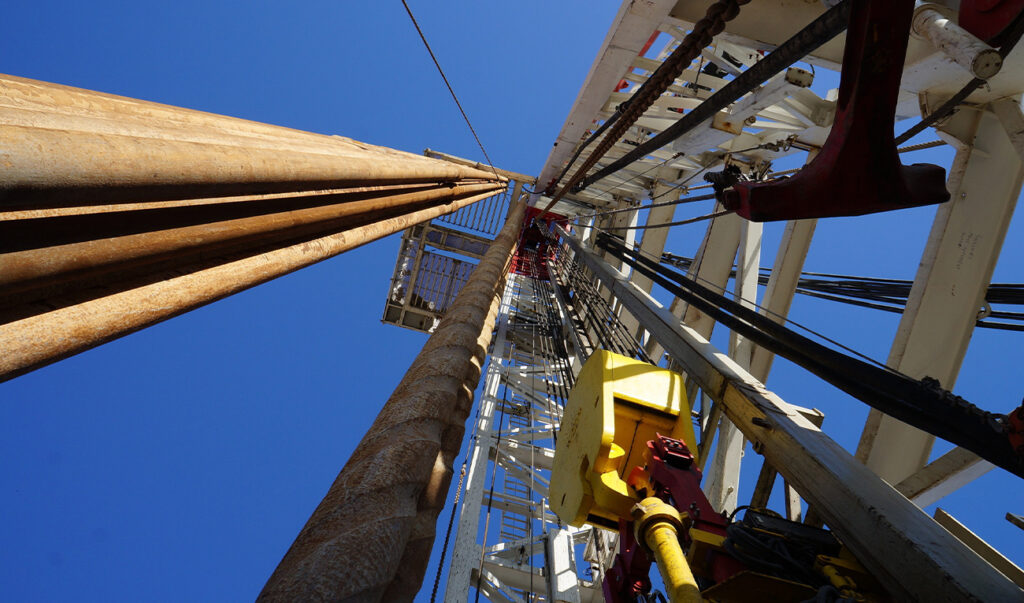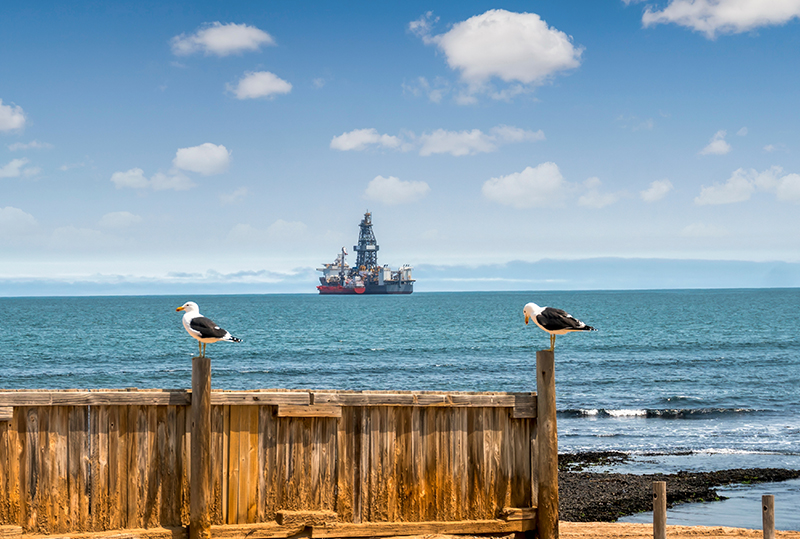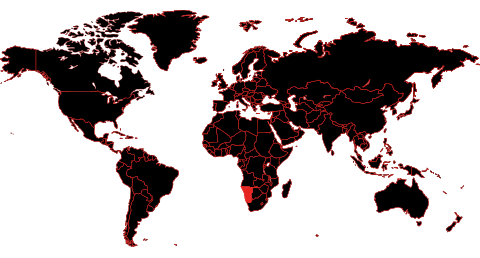Navigating High Gas-to-Oil Ratios
Challenges and Opportunities in Namibia’s Offshore Energy Sector
Namibia’s offshore energy sector is experiencing rapid expansion, yet a critical challenge has emerged—high gas-to-oil ratios (GOR) in deepwater reservoirs. In November 2024, major operators, including Shell and TotalEnergies, reported that their recent discoveries contain higher-than-expected natural gas volumes relative to crude oil. While this raises questions about commercial viability, it also presents an opportunity for Namibia to position itself as a leader in natural gas production and exports.
At Lelo Energies, we see this shift as a catalyst for industrial growth, workforce transformation, and long-term energy security. By investing in gas-sector skills development and infrastructure readiness, Namibia can turn this challenge into a sustainable economic advantage.

The Gas-to-Oil Ratio Challenge
A higher-than-expected Gas-to-Oil Ratio (GOR) means that offshore oil fields are yielding significant amounts of natural gas, requiring operators to rethink their extraction and utilization strategies. The key challenges include:
- Infrastructure Limitations – Namibia’s existing gas processing facilities and pipeline networks are not yet sufficient to handle large volumes of gas.
- Project Viability Concerns – Energy companies focused on crude oil production must reassess the economic feasibility of their investments.
- Market Uncertainty – With a limited domestic demand for natural gas, Namibia must develop export solutions and strategic partnerships.
Transforming Challenges into Opportunities
Instead of treating high GOR levels as an obstacle, Namibia can leverage them to drive industrial expansion and energy diversification. Key opportunities include:
Gas-to-Power Generation
- Utilizing natural gas for domestic electricity production, reducing reliance on imported energy.
- Supporting Namibia’s transition to a more stable and diversified energy mix.
Liquefied Natural Gas (LNG) Infrastructure Development
- Establishing LNG export terminals to monetize surplus gas and attract global investors.
- Positioning Namibia as a regional hub for LNG exports and energy trade.
Expansion of Gas Processing & Midstream Capabilities
- Developing advanced gas treatment, storage, and transportation infrastructure.
- Creating new employment opportunities in gas logistics, engineering, and supply chain management.
At Lelo Energies, we recognize that these advancements will require a highly skilled workforce, capable of meeting the evolving needs of the gas industry.
Lelo Energies’ Perspective & Commitment
As Namibia adapts to a gas-centric energy landscape, Lelo Energies is committed to equipping the local workforce with the expertise required to support gas exploration, processing, and exportation. Our approach includes:
- Specialized Training & Workforce Development – Expanding technical programs in gas processing, LNG operations, and energy logistics to meet industry demands.
- Workforce Localization & Advocacy – Ensuring that Namibians are prioritized in new energy projects and that multinational companies adhere to local employment policies.
- Sustainable Workforce Solutions – Aligning gas sector employment strategies with environmentally responsible practices and global industry standards.
Conclusion
The emergence of high gas-to-oil ratios in Namibia’s offshore fields signals a turning point for the country’s energy industry. While it presents technical and commercial challenges, it also offers a transformational opportunity to position Namibia as a regional leader in natural gas production and exports.
At Lelo Energies, we believe that by investing in workforce readiness, infrastructure development, and sustainable energy practices, Namibia can turn this shift into long-term economic growth.
The future of Namibia’s energy sector depends not only on resources in the ground but also on the capabilities of its people—and we are here to ensure they are prepared.
Earth Day 2025 – Our Power, Our Planet
“Our Power, Our Planet” — the theme of Earth Day 2025 — is not just a rallying cry for envir
Positioning Namibia’s Youth at the Center of Its Energy Future
Namibia stands at a pivotal moment in its national development, faced simultaneously with a signific
What Every Namibian Student and Entry-Level Professional Should Know About the Upstream Oil & Gas Sector
The upstream oil and gas industry in Namibia is no longer a theoretical possibility—it is a rapidl




